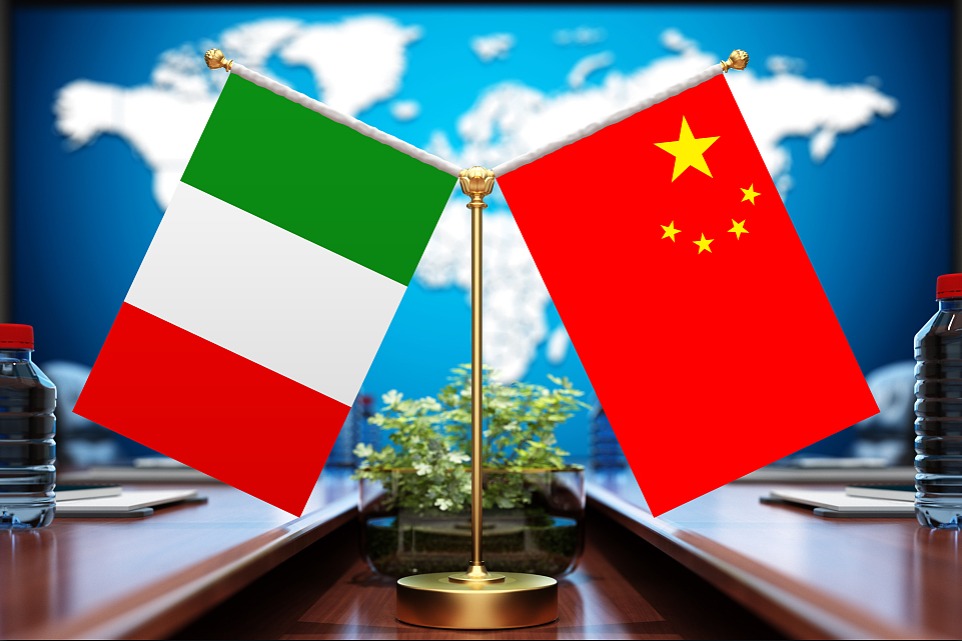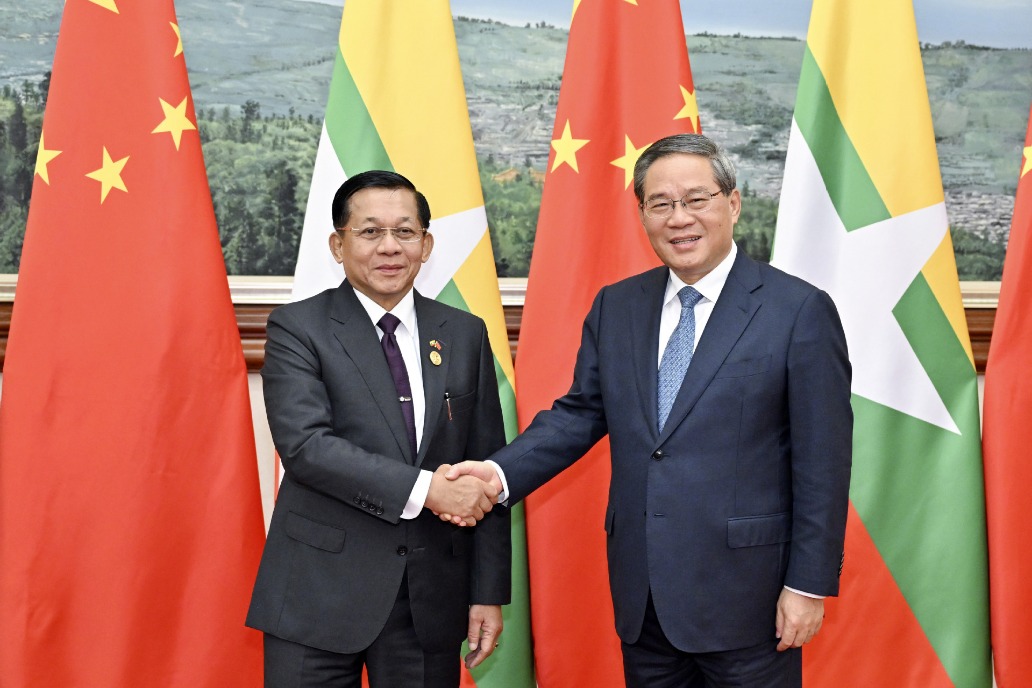Bid to improve access to fertilizer is a way to enchancing Africa's agriculture

African countries are putting in place measures that will reduce potential risks along the agricultural value chain and improve access to quality inputs, especially fertilizers, as a way of turning around the continent's agriculture industry.
This is after the Africa Development Bank set aside a $4 million partial trade credit guarantee on Monday. The funds are intended to support 430,000 smallholder farmers, including 104,000 women in Côte d'Ivoire and Ghana. The funds also will facilitate access to quality and affordable fertilizer, as well as provide training in good agricultural practices.
According to Marie Kalihangabo, coordinator of the Africa Fertilizer Financing Mechanism, the project is expected to boost productivity and help increase rice and maize yields by 35 percent and 30 percent,respectively, in the two West African countries.
"Through this project, the Africa Fertilizer Financing Mechanism is achieving its mission, which consists of supporting African countries to achieve the African Union target of application of at least 50kg of fertilizer nutrients per hectare on the African continent," Kalihangabo said.
The Africa Fertilizer Financing Mechanism was established by the 2006 Abuja Declaration. Through this declaration, African Union member states committed to an initiative to improve agricultural productivity by providing financing required to boost fertilizer use in Africa to achieve the target of 50kg of nutrients per hectare.
Kalihangabo added that the project, which will be implemented in partnership with OCP Africa, a provider of phosphate and its derivatives, is in line with national development programs of the two pilot countries. It will support the implementation of the national rice strategy in Cote d'Ivoire, as well as the Planting for Food and Jobs program in Ghana.
LahcenEnnahli, OCP Africa's senior vice-president for West Africa, said they are honored to have the opportunity to provide training to farmers in good agricultural practices and facilitate easy access to quality and affordable fertilizer as a way of turning around Africa's agriculture.
"The partnership with the African Development Bank will scale up and expand activities implemented under the Agribooster Initiative. We believe that this initiative will serve as a model to further incentivize other private and development partners to enter into similar risk-sharing agreements that will have a positive multiplying effect on farmers, especially in the current context of COVID-19, which poses a serious threat to their welfare, as well as to food security, inputs and agricultural know-how,"Ennahli said.
Barnaba Apiiga, a small scale farmer from upper east Ghana and a member of the Peasant Farmers Association of Ghana,said the development is good news because as small scale farmers, they mostly depend on traditional manure, which does not provide the required results.
In addition, Apiiga added that those who can afford fertilizer lack the right information since the application of fertilizer should not be blanketed and should consider geographic and climatic conditions. That is why he is not only eager to access the fertilizer but get training on its effective application.
"I have two maize fields. In one I have used our traditional methods and manure while on the other one I planted hybrid seed and fertilizer that I was given by the agriculture department to try out. We used less fertilizer on the second field but the yields are very good. For the traditional one the yields are poor yet I also applied fertilizers," Apiiga said.
"Having experienced the difference myself, I am hopeful that if the project by the African Development Bank reaches me, my productivity will definitely improve. What we lack as small scale farmers is money, access to good fertilizer and knowledge on how to optimize the use of the said fertilizer," he added.

































